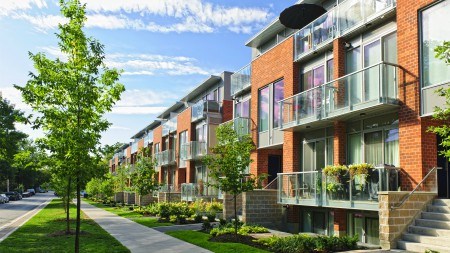Parking in developments is often a cause of conflict. Here’s what HOA’s or body corporates can do to keep the peace.
While most homes in cluster complexes, estates and other gated communities come with at least one garage or carport, residents would often like additional permanent parking or storage areas for things like trailers, bikes, boats and caravans.
“The trouble is that there is usually not enough space to create an extra parking bay or storage unit for every household – and that a scramble for the existing spaces can cause conflict between homeowners,” notes Gerhard Kotzé, MD of the RealNet estate agency group, which provides professional property management and letting services as well as property sales expertise.
“However, the homeowners’ association (HOA) or body corporate can prevent this by passing a resolution not to allow anyone to have ‘exclusive use’ of any limited amenity without payment of rent to the governing body – which can be used to help keep everyone’s monthly assessments or levies down.”
The rental charged, he says, should be based on local parking and storage rates, and for practical reasons, the governing body should lease the spaces and collect the rent annually. This is particularly true of space leased for holiday vehicles like caravans, where renters would probably pay only for part of the year if they could, leaving an unpaid vacancy while they travel.
“Renting a year at a time also ensures a steady income stream for the HOA or body corporate, and collecting the rent annually reduces bookkeeping.”
Kotzé, also says that multiple rentals by one owner should not be allowed unless supply should for some reason exceed demand - and then only if the HOA or body corporate reserves the right to review the situation annually. “Re-apportioning limited amenities when demand again exceeds supply is only fair.
“In addition, amenities should generally not be leased to non-residents. Security could easily be compromised by doing so and besides, the HOA or body corporate would have little or no recourse against non-residents who defaulted on rent or caused damage.”



